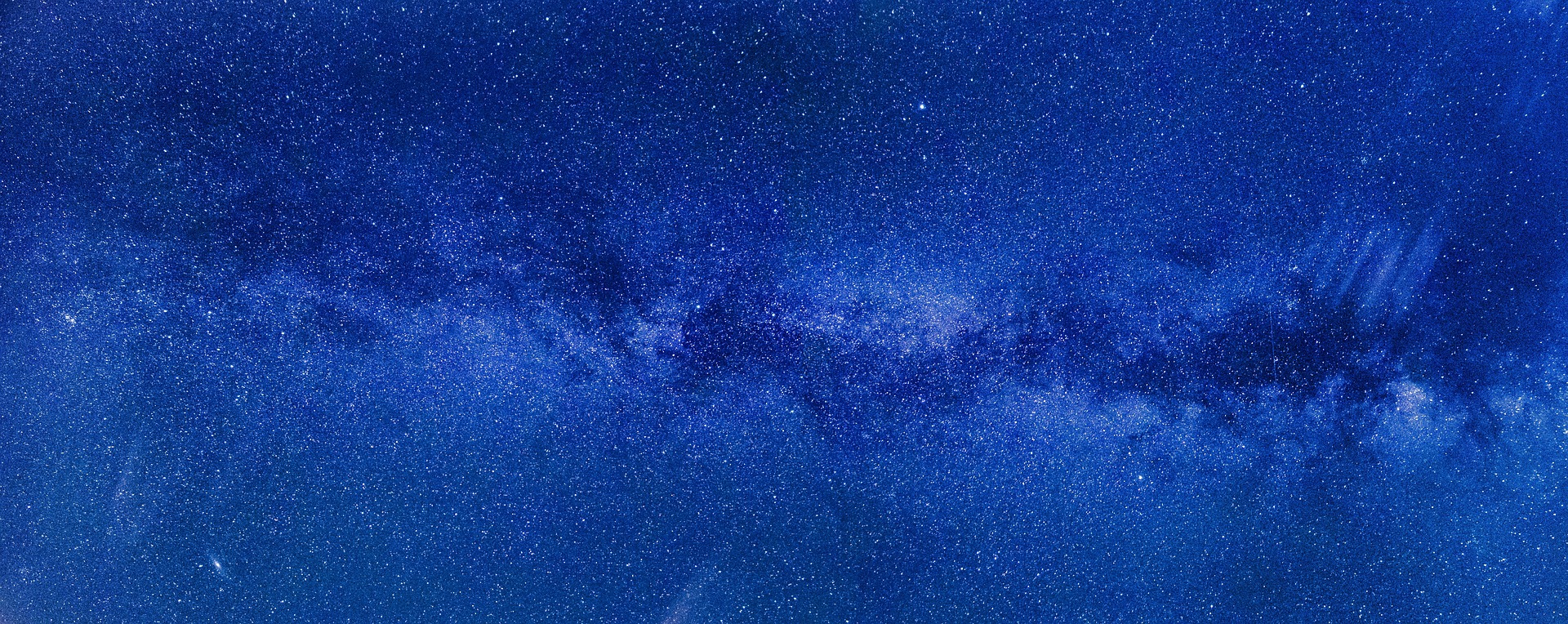Humanity’s place in the grand cosmos

Humanity’s place in the grand cosmos is a topic that has long fascinated philosophers, scientists, poets, and thinkers from all walks of life. When we consider the sheer size and scope of the universe, it’s clear that we, as individuals and even as a species, are incredibly small in comparison.
The Earth, our home, is but a tiny blue dot in the vast expanse of space. Our planet orbits the Sun, a star that is just one among an estimated 100 billion stars in the Milky Way galaxy alone. And the Milky Way is just one of possibly two trillion galaxies in the observable universe. When we contemplate these scales, it becomes clear how infinitesimally small we are in the cosmic perspective.
But size is just one aspect of our comparison with the cosmos. Another way to consider our place in the universe is by thinking about time. The universe, as per our current understanding, is about 13.8 billion years old. In contrast, Homo sapiens have existed for a mere 300,000 years or so – a tiny fraction of cosmic time. Civilizations, as we understand them, have been around for only about 6,000 years, and modern scientific understanding is only a few hundred years old.
This realization can be humbling, and even overwhelming. However, it can also inspire a profound sense of wonder and curiosity. Despite our small size and brief existence, we humans have developed the ability to question, learn, and understand. We have crafted tools to observe distant galaxies, have mapped the intricate dance of particles and forces, and have begun to unravel the mysteries of time and space.
Our understanding, though continually expanding, is limited. The cosmos is vast and ancient beyond our comprehension. It’s full of phenomena we’ve yet to discover, forces we’ve yet to understand, and perhaps life we’ve yet to encounter.
So yes, in the grand scheme of the cosmos, we are small. We are brief. But we are also curious, resilient, and capable of great things. Our size does not diminish our potential, our ambition, or our ability to appreciate the beauty and wonder of the universe. As Carl Sagan said, “We are a way for the cosmos to know itself.” We may be small, but our ability to contemplate the universe makes us significant in our own unique way.
Leave a Reply